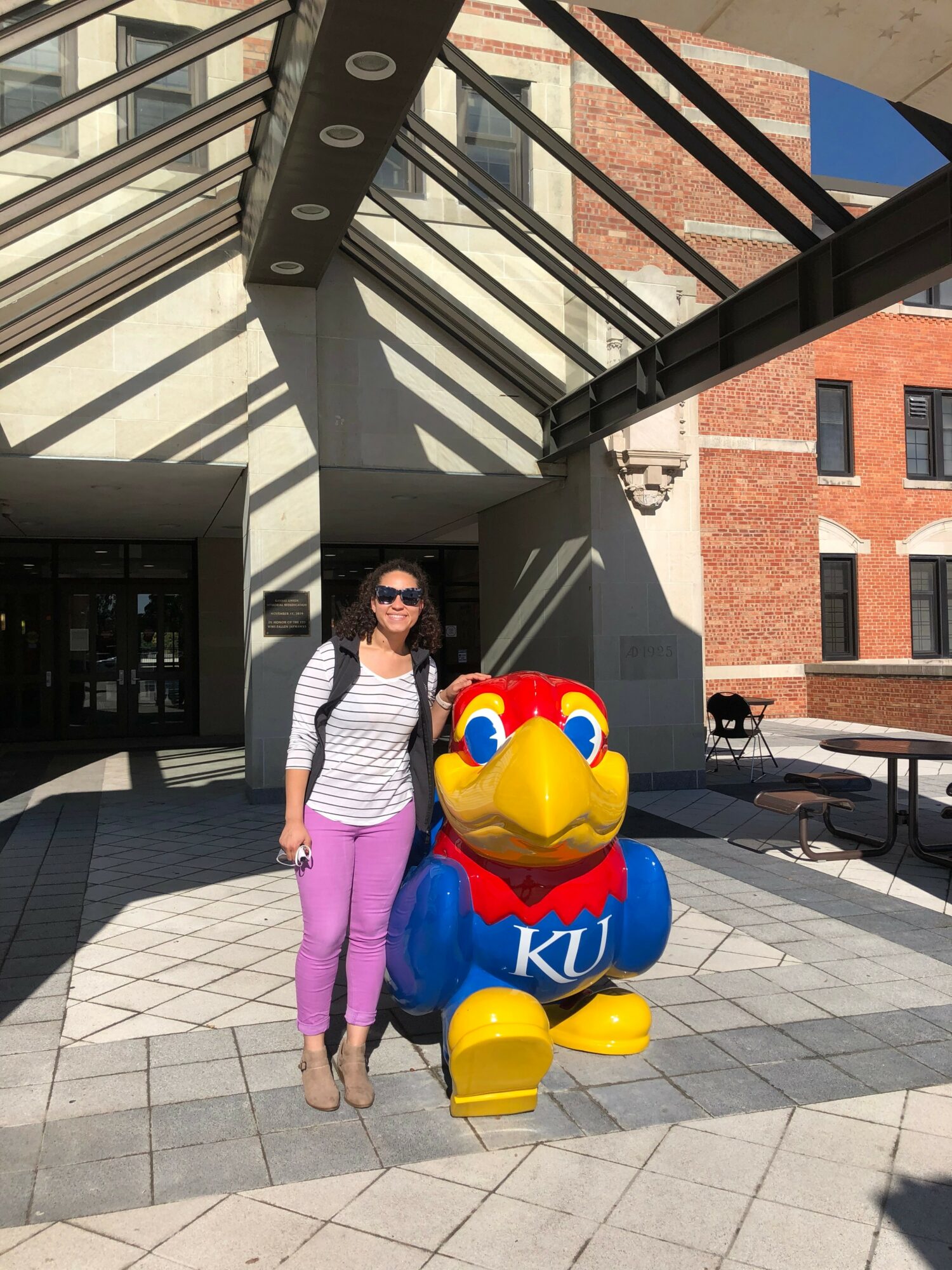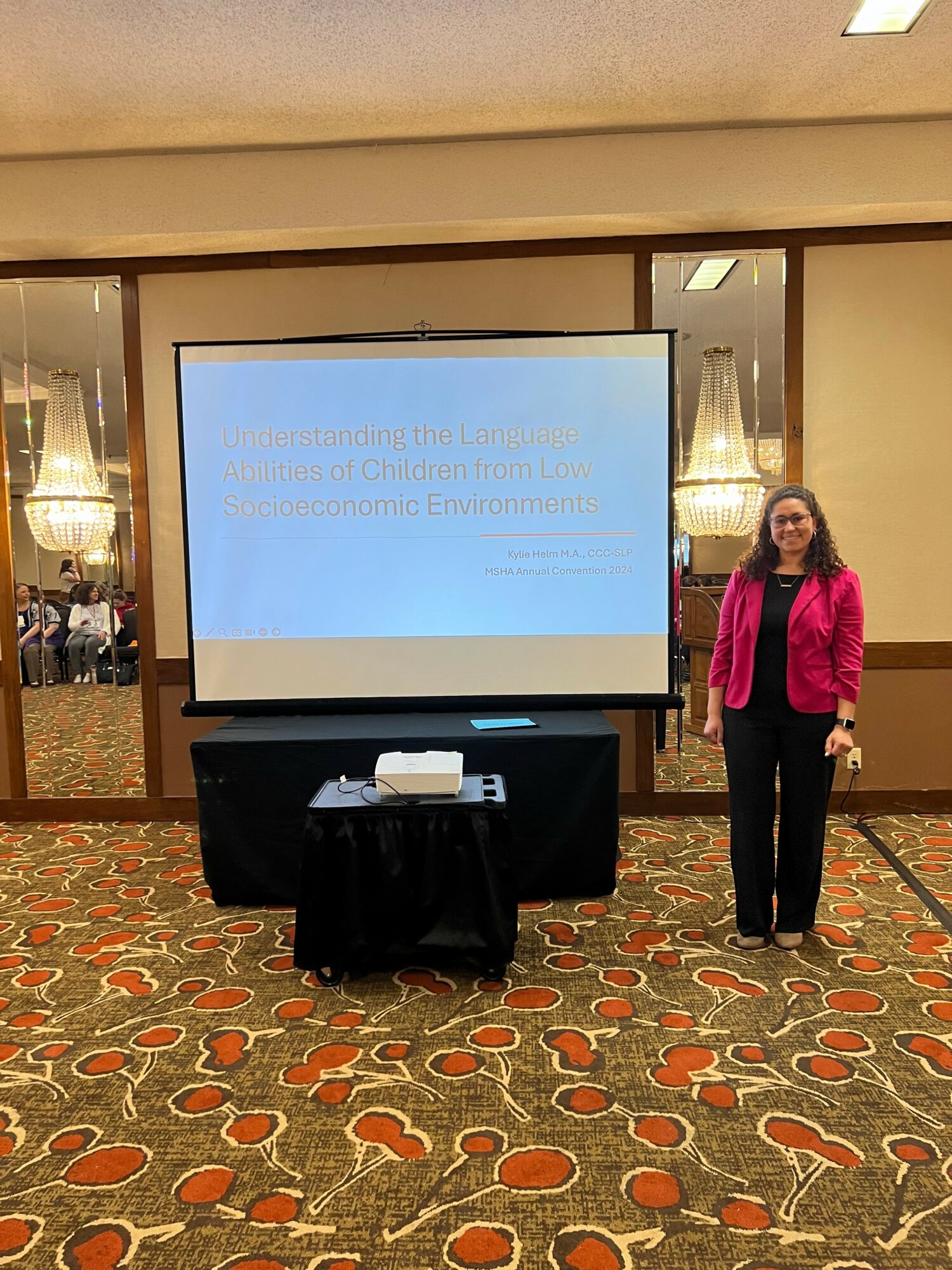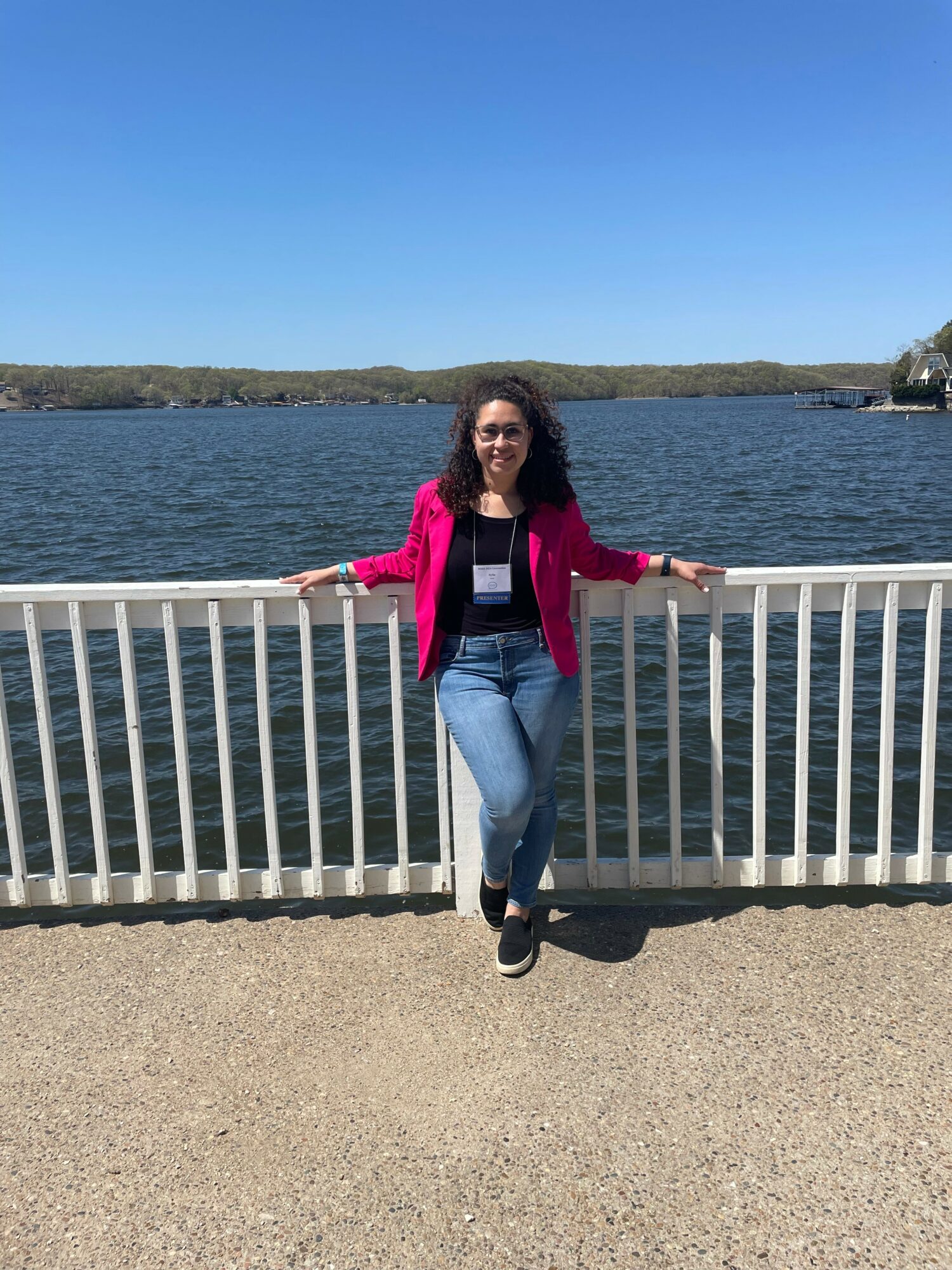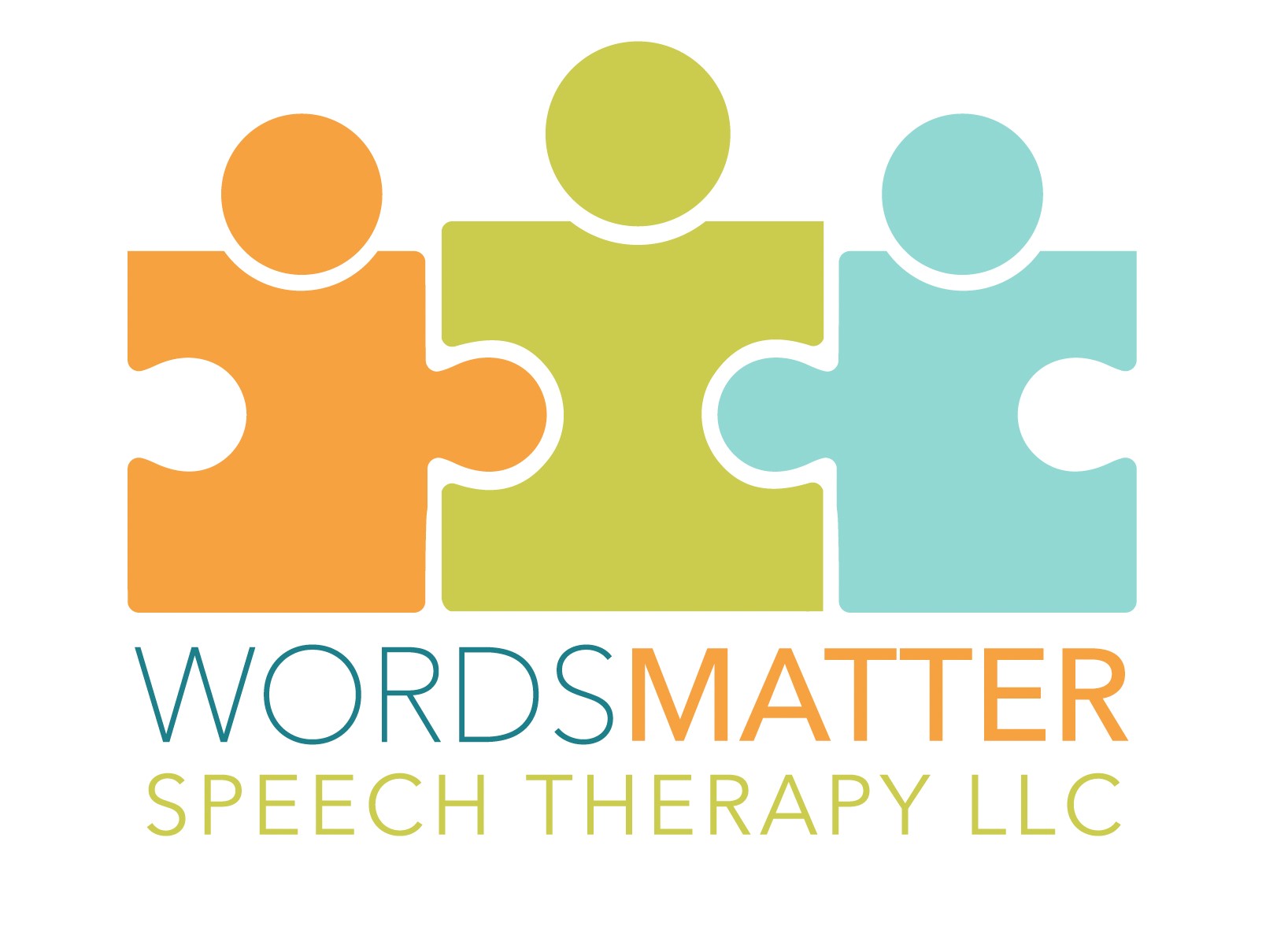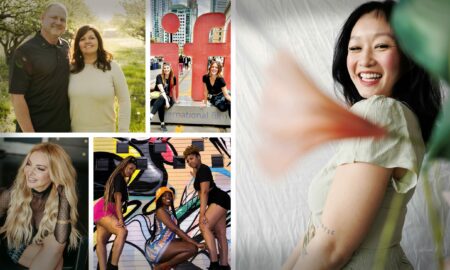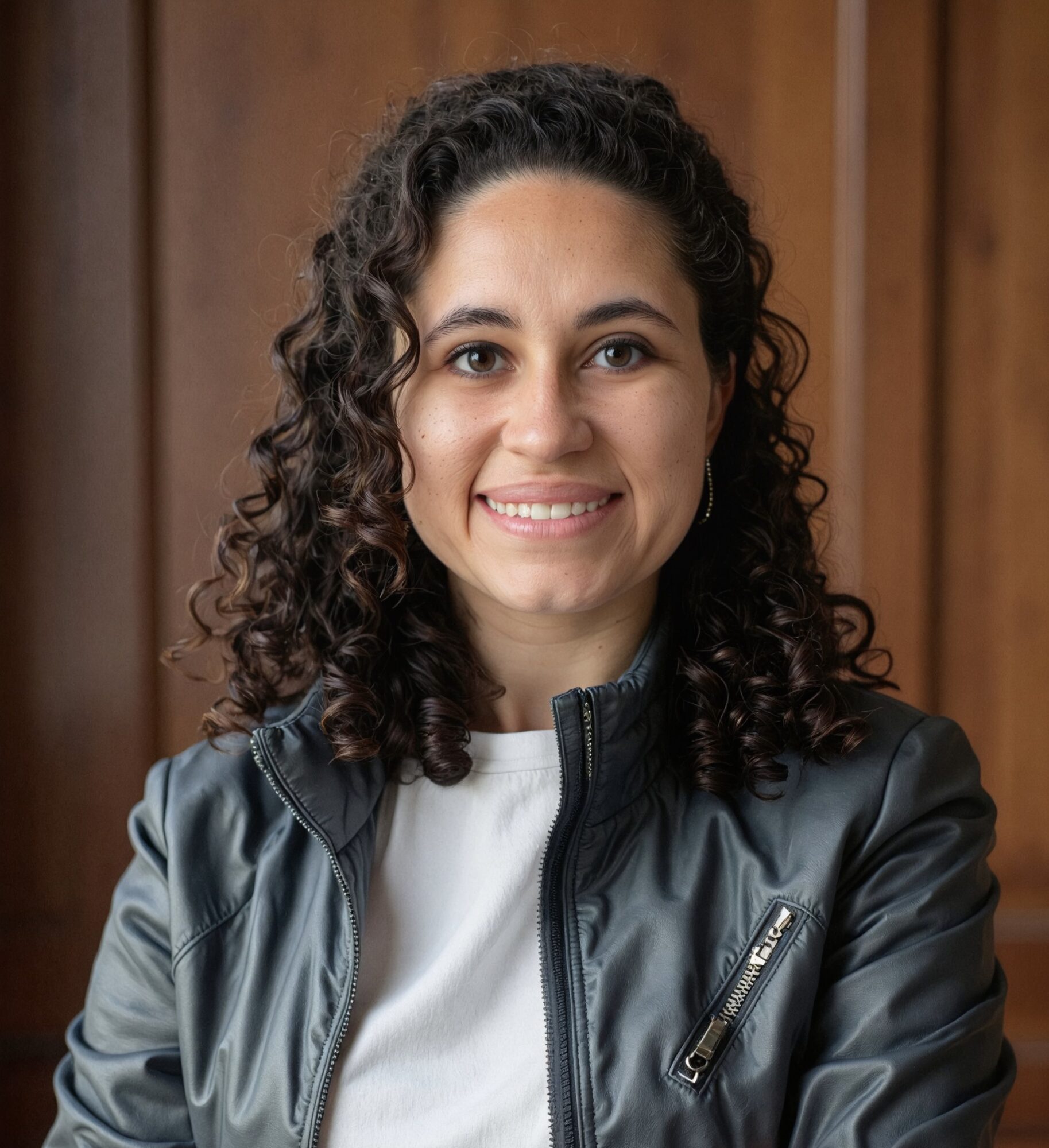

Today we’d like to introduce you to Kylie Helm
Hi Kylie, thanks for sharing your story with us. To start, maybe you can tell our readers some of your backstory.
My story and career began in 2010 when I left for Truman State University to pursue a psychology degree. By chance, I overheard a conversation about Communication Disorders, and I decided that speech-language pathology (SLP) might be the right career path for me. I switched my major and completed my Bachelor’s degree in 2014. Despite applying to ten graduate programs, I was only accepted into Truman State’s graduate program, and I graduated with my Master’s in Speech-Language Pathology in 2016.
That same year, I started working as an SLP at an elementary school. It was a special school—a Title I school located in an affluent suburb—and I quickly recognized the needs of many students as familiar. Growing up in a low socioeconomic environment (SEE) myself, I understood that for some families, school, grades, and therapy weren’t top priorities. Their needs were more immediate: food, sleep, safe housing. This understanding motivated me to advocate for these students, but it was also during this time that I began to feel limited in my practice. Special Education policies, while protective, started to interfere with how I could provide services and who I could serve.
In 2018, I took a leap and started my own private practice, Words Matter Speech Therapy, LLC, while continuing to work at the school. My goal was to test the waters of private practice and see if I enjoyed it and could build a clientele. To my delight, both proved true—I loved the work. In private practice, I felt I could reach my full potential as an SLP and better serve the clients I was passionate about.
As I worked with children from low SEEs in both the school and private practice settings, I began to notice troubling patterns in referrals. Often, I’d receive speech referrals based on the assumption that a child’s language skills were poor simply because of their socioeconomic status. On the other hand, when I identified children I believed had language concerns, teachers would sometimes resist, attributing their challenges solely to their home life. This sparked a deep curiosity in me about why these misconceptions existed and how they shaped the way we approach children from low SEEs.
By the start of the 2019-2020 school year, I felt my time at the school was coming to a close. Still frustrated by the policies and these misconceptions about language and SEE, I began to entertain the idea of going back to school to pursue a PhD. I applied to the University of Kansas Child Language Doctoral Program in Lawrence, KS, and was thrilled to be accepted.
In the spring of 2020, I left my beloved school and coworkers and began my new adventure as a PhD student in Child Language while continuing to run my private practice. This experience has allowed me to study language acquisition in low SEEs more deeply, and I’ve had the opportunity to publish a paper on differential diagnosis, which has become a popular topic in my field. I’ve also presented on culturally responsive practices, further developing my expertise.
Today, as a private practice owner, I feel I can offer my clients and their families a truly unique experience. My combined experience as a school SLP, my work in private practice, and my ongoing research in the field make me feel limitless in my ability to provide high-quality services and help children gain access to effective communication.
Would you say it’s been a smooth road, and if not what are some of the biggest challenges you’ve faced along the way?
It definitely hasn’t been a smooth road. For one, it took me 10 attempts to get into a graduate program and become an SLP. That experience was a huge blow to my confidence. As a first-generation college student, I often doubted my abilities and wondered if I was “good enough.”
Starting my own practice has also been challenging. Building a reputation, attracting clients, and maintaining a steady flow of work has required a lot of effort. On top of that, I’m a wife, a mother, and deeply involved with my family, so balancing business ownership with family life is often difficult.
Adding a PhD to the mix has been overwhelming at times. My research, while meaningful and applicable to various fields like education, literacy, and speech-language pathology, often faces pushback. It challenges long-held societal beliefs—that those with less education and money are less capable. I advocate instead that language ideologies are just that—ideologies. The rules for “proper” language are set by those who have had more access to language-building opportunities. While I have support from many colleagues and friends in my field, my research is met with resistance. This can lead to feelings of imposter syndrome and self-doubt, especially when it comes to the service delivery model I provide to my clients.
Thanks for sharing that. So, maybe next you can tell us a bit more about your business?
Words Matter Speech Therapy, LLC is a speech therapy practice that specializes in treating articulation and phonological disorders, as well as language impairments. I work with individuals across the lifespan—from infants to older adults—but I particularly focus on early childhood and school-aged children.
What sets me apart is my expertise in language acquisition and my deep understanding of the unique needs of families from diverse socioeconomic and cultural backgrounds. I’m proud of my ability to connect with families and truly become a part of their support system, all while providing high-quality services that increase access to communication.
Language and communication are basic human needs, and I believe everyone deserves a voice. I’m especially proud that I can offer services that are accessible, available, and affordable, ensuring that I can serve individuals from all walks of life.
What matters most to you?
To me life is all about the people. In everything I do, I just try to be a good, kind, validating person. It’s important because we always remember how people make us feel. I want people to feel that they matter, they’re seen, and especially in my field, that they are heard. I try to live by this is every aspect of my life, from leading my neighborhood’s homeowners association, helping out at the church nursey, sparking debate in my research, or providing access to communication for families I always try to make sure people feel as special as they are. I love fostering community, being inclusive, and a warm person for people to remember.
Contact Info:
- Website: https://wordsmatterspeechtherapy.com/
- Instagram: wordsmatter_speechtherapy
